Debt-Free Living: Proven Strategies to Pay Off Debt Faster
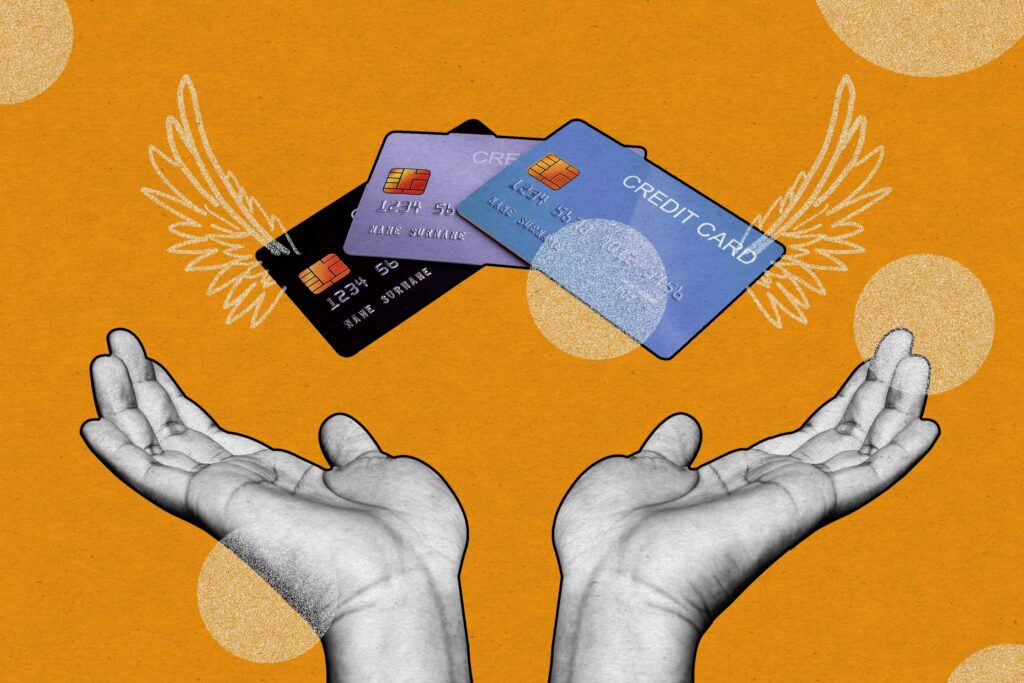
Embarking on the journey towards debt-free living is a transformative experience that requires dedication, discipline, and strategic planning. In today’s world, where consumerism often leads to financial strain, adopting proven strategies to pay off debt faster can pave the way to financial freedom and peace of mind.
Understanding Debt
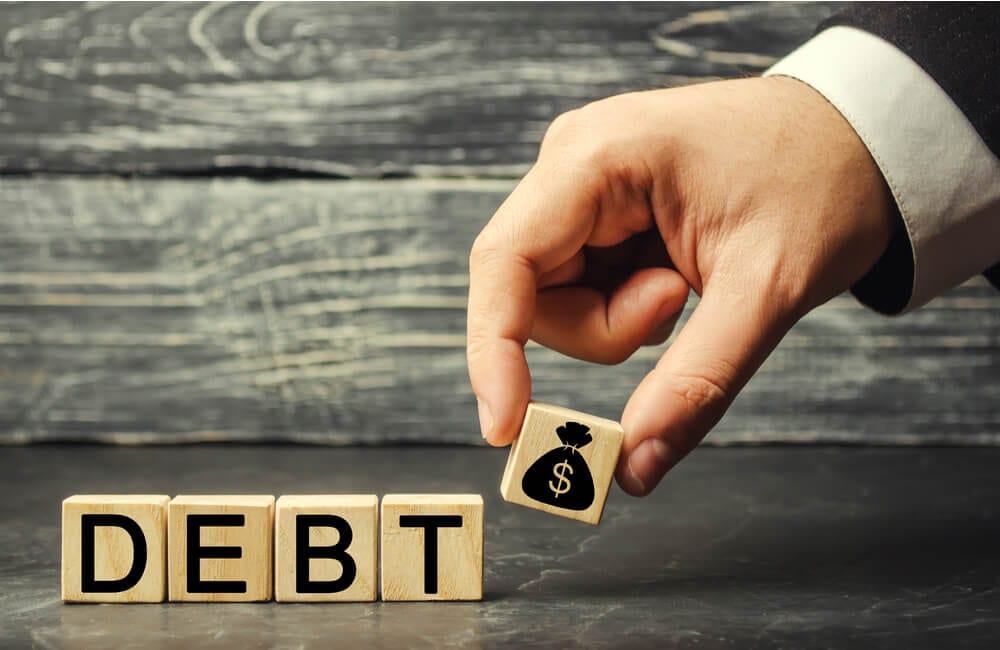
Debt comes in various forms, from credit card balances to student loans and mortgages. Understanding the different types of debt and their implications is crucial for devising a plan to become debt-free. Additionally, maintaining a healthy debt-to-income ratio is essential for financial stability.
Creating a Budget

A well-crafted budget serves as the foundation for effective money management. By tracking expenses and allocating funds strategically, individuals can prioritize debt repayment while still covering essential expenses and saving for the future.
Cutting Expenses
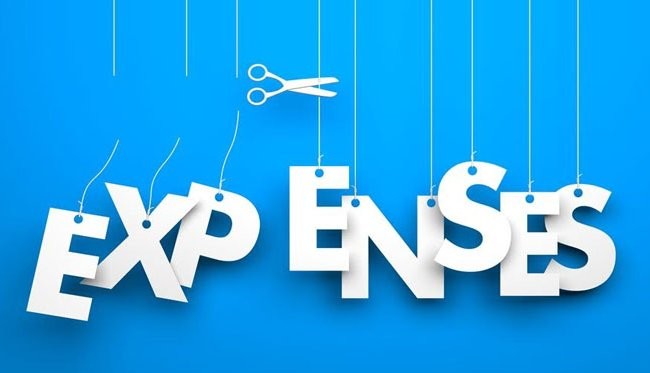
Reducing discretionary spending is a powerful way to free up funds for debt repayment. Simple lifestyle adjustments, such as dining out less frequently or canceling subscription services, can yield significant savings over time.
Increasing Income
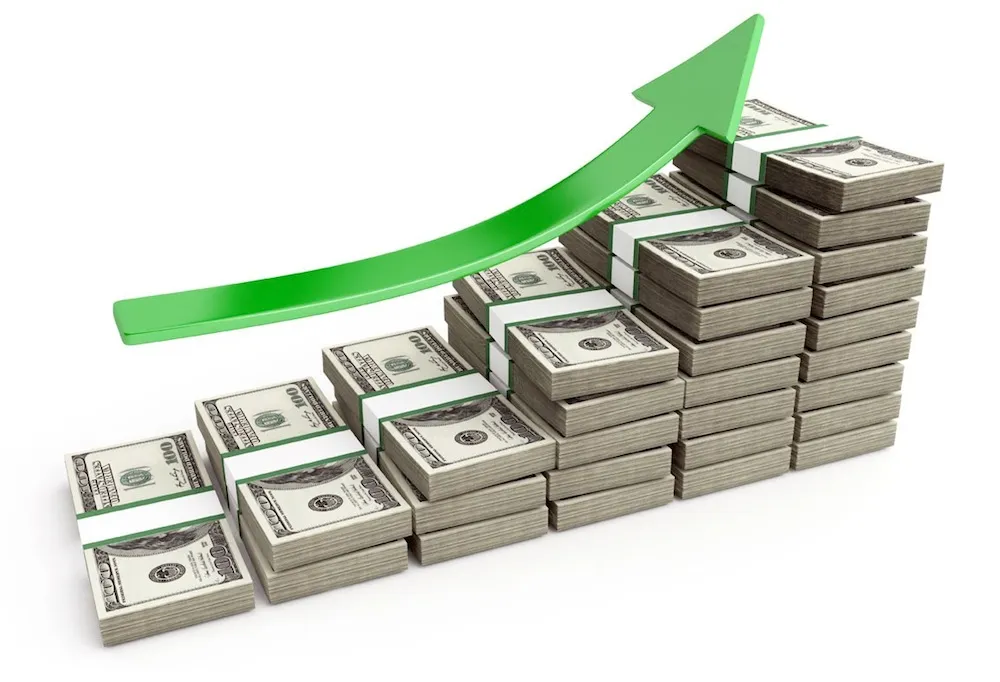
In addition to trimming expenses, boosting income can expedite the debt repayment process. Exploring opportunities for additional income through side hustles, freelancing, or seeking career advancement can provide the financial resources needed to tackle debt more aggressively.
Debt Repayment Strategies
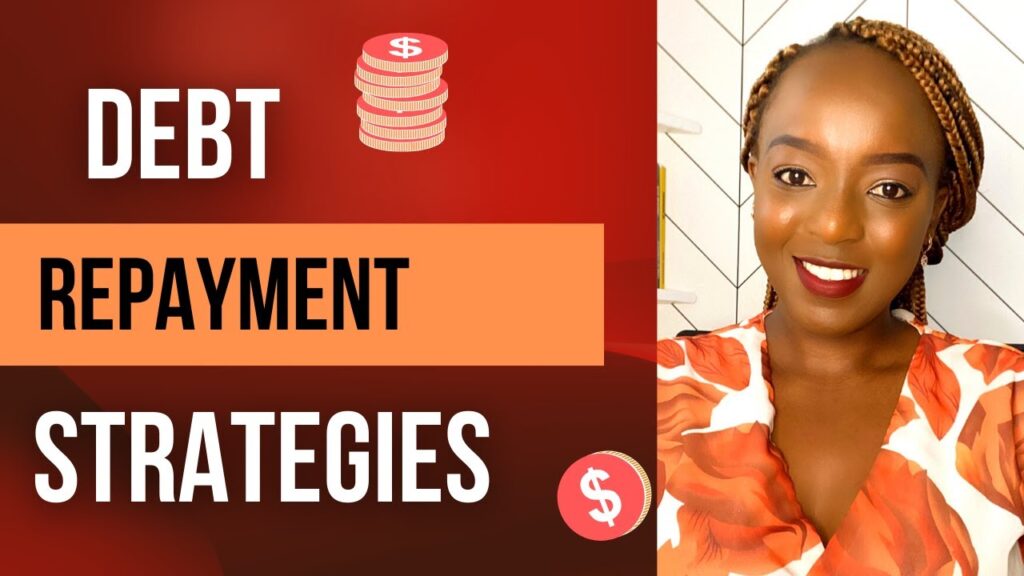
Two popular approaches to debt repayment are the snowball method and the avalanche method. While the snowball method focuses on paying off the smallest debts first to gain momentum, the avalanche method prioritizes debts with the highest interest rates. Debt consolidation is another option for simplifying repayment and potentially lowering interest rates.
Credit Management
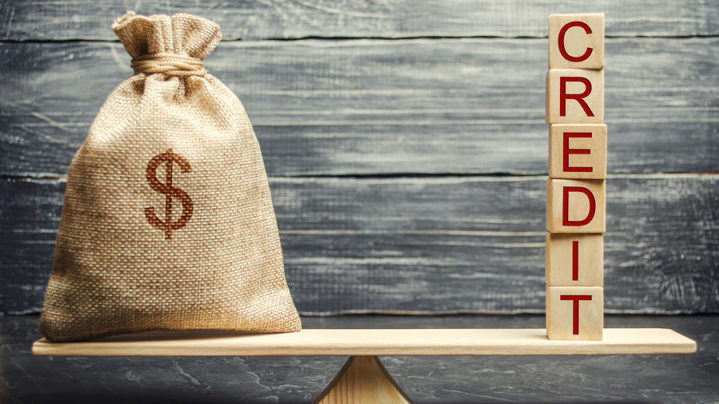
Maintaining a healthy credit score is essential for accessing favorable loan terms and financial opportunities. Responsible credit card usage, timely bill payments, and periodic credit score monitoring are key components of effective credit management.
Emergency Fund
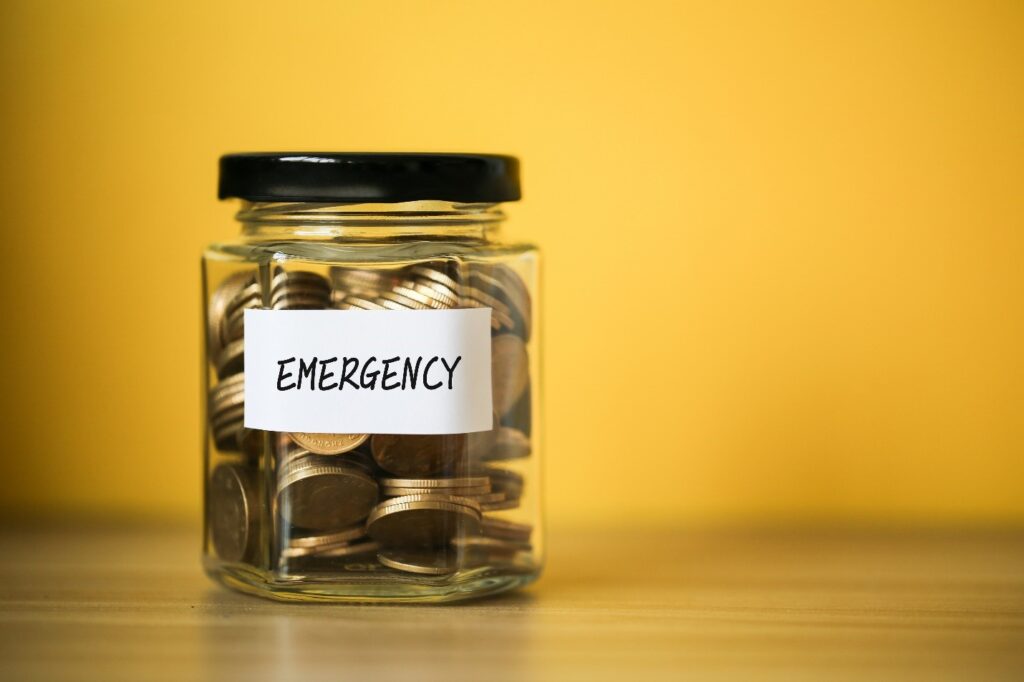
Building an emergency fund cushions against unexpected expenses and financial setbacks. Setting aside funds in a dedicated savings account can provide peace of mind and prevent the need to rely on credit cards or loans during times of crisis.
Investing for the Future

Even while focusing on debt repayment, it’s important to prioritize long-term financial goals. Investing wisely in retirement accounts, stocks, or real estate can build wealth and secure a stable financial future.
Financial Discipline

Maintaining discipline and focus throughout the debt-free journey is crucial for success. Avoiding impulse purchases, sticking to the budget, and staying motivated through setbacks are all part of developing strong financial habits.
Seeking Professional Help

For those facing overwhelming debt or struggling to make progress, seeking professional guidance can be immensely beneficial. Financial advisors, credit counselors, and debt relief programs offer expertise and support tailored to individual circumstances.
Celebrating Milestones

Recognizing and celebrating milestones along the debt-free journey is essential for maintaining motivation and momentum. Whether paying off a credit card or reaching a savings goal, each achievement deserves acknowledgment and celebration.
Maintaining Debt-Free Living
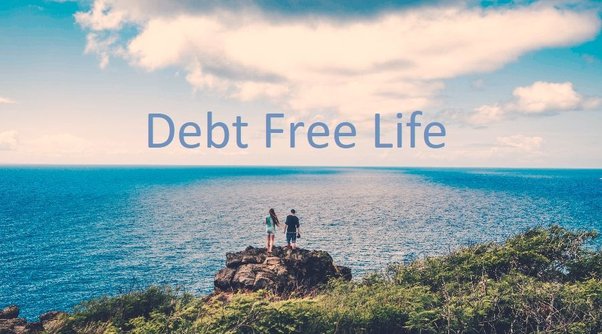
Achieving debt-free living is a significant accomplishment, but it requires ongoing commitment to financial responsibility. Staying vigilant against overspending, avoiding new debt, and regularly reassessing financial goals are essential for sustaining a debt-free lifestyle.
FAQs
Becoming debt-free depends on various factors, including the amount of debt owed, income level, and chosen repayment strategy. While some individuals may achieve debt freedom in a few years, others may take longer to repay their debts.
Yes, it’s possible to balance debt repayment with saving for the future. By creating a budget that allocates funds to both goals and prioritizing high-interest debt, individuals can make progress towards debt freedom while still building financial security.
If you’re struggling to make debt payments, don’t hesitate to reach out to your creditors to discuss alternative payment arrangements. Additionally, seeking assistance from a credit counselor or exploring debt relief options may provide relief and support.
The decision to prioritize debt repayment or investing depends on individual circumstances and financial goals. Generally, it’s advisable to prioritize high-interest debt repayment to minimize interest costs before focusing on investing for the future.
In some cases, creditors may be willing to negotiate lower debt balances or reduced interest rates, especially if you’re facing financial hardship. It’s worth reaching out to discuss potential options for debt relief.
To avoid falling back into debt, it’s essential to maintain good financial habits and discipline. This includes sticking to a budget, avoiding unnecessary expenses, and building an emergency fund to cover unexpected costs.
Conclusion
In conclusion, embracing debt-free living is a liberating and empowering choice that offers countless benefits for personal and financial well-being. By implementing proven strategies, managing finances wisely, and staying committed to the journey, anyone can achieve the goal of living free from the burden of debt.


